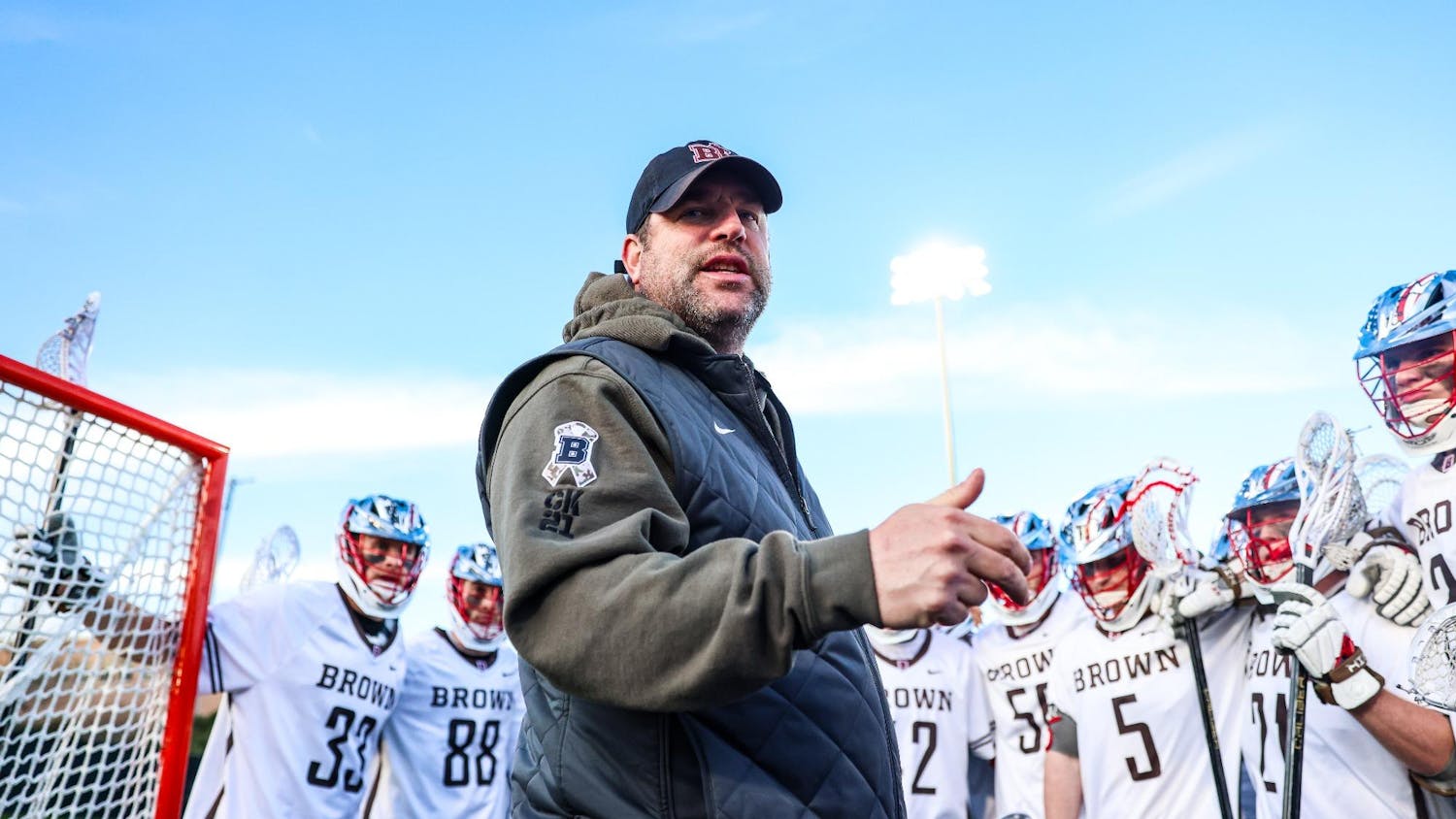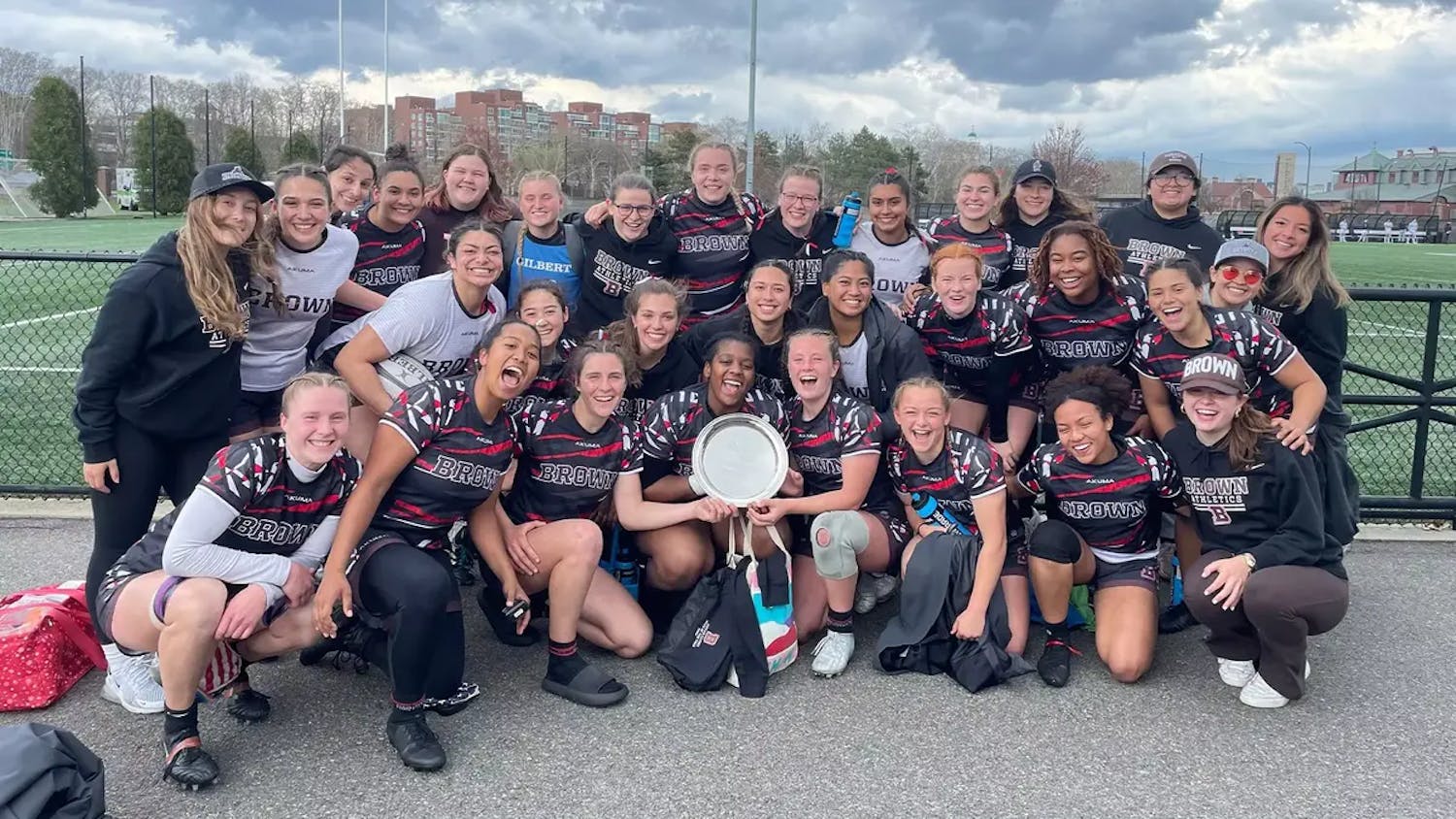America loves football. The NFL loves money. More football equals happier fans and higher revenues. Sounds like a win-win, right?
If there’s one tenet that has driven Roger Goodell’s tenure as NFL commissioner, it’s following the money. After all, the NFL is a business, and a lucrative one at that. Recognizing the revenue potential of a longer schedule, Goodell proposed a plan for an 18-game regular season in 2011. But while owners nodded their heads, the players’ association pushed back. As far as the foot soldiers were concerned, more games equaled more injuries and shorter careers. Eventually, the talks were tabled.
But behind the scenes, the NFL has quietly resumed its efforts to feed America’s insatiable football appetite. In addition to reviving talks of schedule expansion, the league’s latest tactic involves adding two more wildcard spots to the playoff picture in each conference. “That (idea) is under serious consideration,” Goodell told reporters in an interview prior to the Super Bowl. “There are some real benefits from a competitive standpoint.”
Even if the league’s true incentive is monetary, the competitive buzzwords are exciting. Goodell mentioned that 13 of 16 final regular season games had playoff implications this past year. Ostensibly, magnifying that compelling do-or-die competition is a major point of emphasis for Goodell’s administration.
The idea of adding ultra-competitive playoff games is conceptually appealing to a football-hungry fan base. But the postseason is thrilling to begin with because of its exclusivity. Even just four extra playoff berths would cheapen the quality of play. The NFL postseason is supposed to reward and assemble the best football teams in the country. Right now, making the playoffs is a meaningful achievement. Do we really want to water down the competition by opening the door to mediocre teams?
Not only would lowering the bar decrease the quality of playoff football, it would also undermine the intensity of regular-season games. With 32 franchises vying for only 12 postseason berths, every game has enormous implications for a team’s playoff aspirations. Relax the requirements for postseason entry, though, and regular-season games lose some of the urgency that produces such fierce competition. Each team has that much more room for error, and each game becomes that much less important. Since more teams would clinch playoff spots earlier, the gripping down-to-the-wire competition that Goodell & Co. envision would probably give way to late-season coasting and sidelined superstars.
Even if the playoff structure were left untouched, implementing an 18-game schedule would give rise to many of the same competitive issues. Additional games make each contest less meaningful, reducing the competitive pressure that electrifies every Sunday kickoff. Think about the intensity surrounding a football game versus a regular-season baseball game.
If added regular-season games were to replace preseason contests — a view Goodell endorses — player preparation and roster evaluation would suffer. Preseason games are incredibly valuable for fringe players fighting to make the team. Eliminating these games allows fewer opportunities to make an impression.
But most importantly, the impact of adding games to the NFL schedule — either regular-season or playoff ones — will show up most prominently in the trainer’s room. There’s no getting around it: Football is a violent sport. Equipment and safety measures haven’t kept up with the ever-increasing speed and force of the game. NFL injuries have risen nearly 70 percent in the past decade. Any initiative exposing players to more vicious hits increases vulnerability to injury. Yes, players know the risks. But in an age where “football” and “concussions” are pretty much synonymous, the league has a certain moral obligation to protect its employees. We’re not just talking about shorter careers — we’re talking about shorter lives.
With the increasing public visibility of the NFL’s concussion problem, it doesn’t seem that ridiculous to wonder about the future of the league. From this perspective, it would seem the NFL has a strong incentive to address any injury concerns associated with football. But Goodell’s incredibly narrow vision sees only dollar signs. Goodell hides behind an appearance of responsibility and the credit that he received for bolstering concussion protocols, but the driving force has always been money.
Can we expect anything else? The commissioner’s job is to increase league value, and Goodell is good at his job — both revenue and viewership continue to climb. But the league’s hypocritical stance on player safety is tough to ignore. “Every time they are doing these things that make more money for football but don’t protect players,” said Pittsburgh Steelers safety Ryan Clark, “it makes you question the way that we’re changing the game on the field.”
The public wants more football, and we’re willing to pay for it. It makes sense that Goodell wants to supply it, but does that mean expansion is the right decision? Right now, the NFL is thriving financially. But if concerned parents won’t let their kids near a football field in 20 years, we may look back and regret expanding the schedule. No matter how much money his measures pull in, the fingers will be pointing squarely at Goodell.
Mike Firn ’16 can’t believe he’s arguing against more football. Contact him at michael_firn@brown.edu.
ADVERTISEMENT




